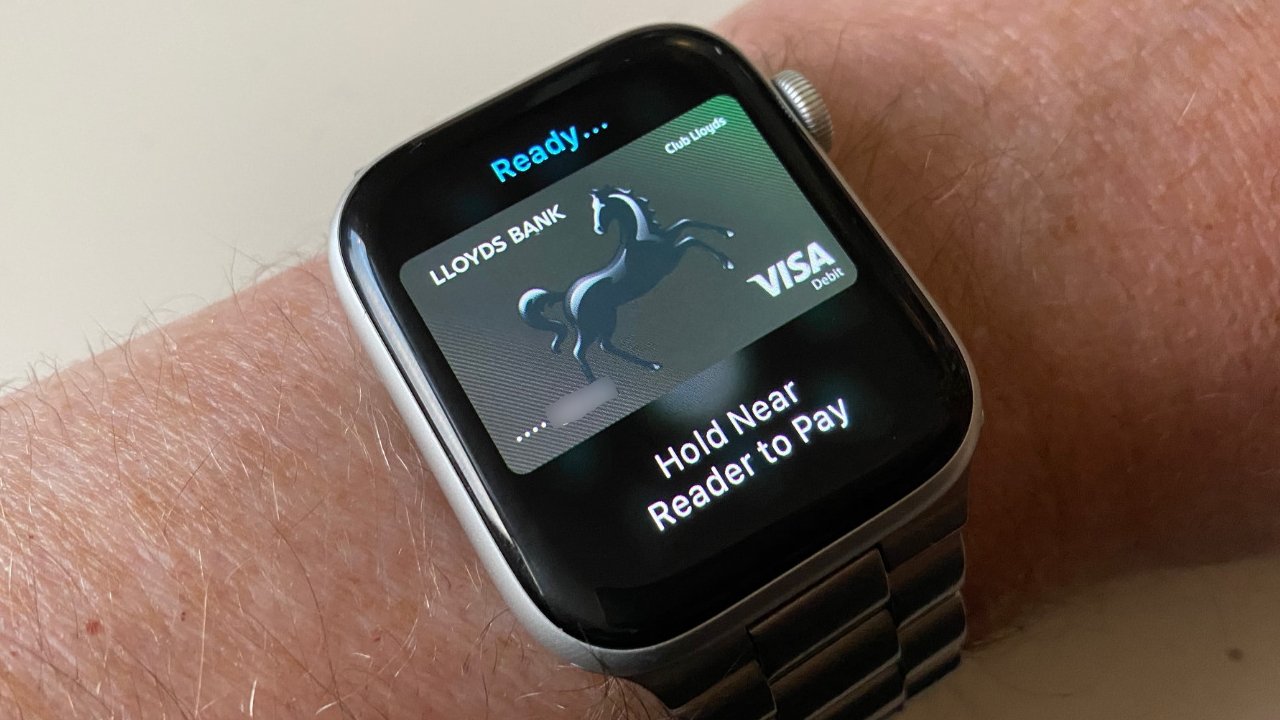Australia is set to treat digital wallet apps such as Apple Pay under the same regulations as credit cards, but Apple says this will "stifle innovation."
Apple has previously said that it sees the proposed regulation is "contrary... to greater competition." According to ABC News in Australia, however, now that the law is expected to be implemented shortly, Apple has also argued that it will lead to mistakes.
"Apple believes the proposed expansion... will increase regulatory burden without aa net public benefit, give rise to... regulatory error," said Apple in a statement, "and stifle the dynamic innovation that has characterised Australia's payment system over recent years."
It's primarily the same argument that Apple has used before, where it has compared Apple Pay to a physical wallet.
"Apple Pay can only operate with an existing debit, credit or prepaid card issued by a third party," continued the statement. "Apple does not have access to a cardholder's account to determine whether funds are available... in offering Apple Pay, Apple does not collect any transaction information."
Releasing draft regulation, Australia's treasurer, Jim Chalmers said that the law was to ensure transparency around charges.
"As payments increasingly become digital, our payments system needs to remain fit for purpose so that it delivers for consumers and small businesses," Chalmers said in a statement. "We want to make sure the shift to digital payments occurs in a way that promotes greater competition, innovation and productivity across our entire economy."
Separately, Australia's second-largest bank, Westpac, became the last of the country's banks to support Apple Pay in 2020. At the time, some 10% of card transactions in Australia were done through digital wallets, and ABC News says that has now risen to around 35%.
 William Gallagher
William Gallagher




-xl-m.jpg)



 Mike Wuerthele
Mike Wuerthele
 Malcolm Owen
Malcolm Owen

 Thomas Sibilly
Thomas Sibilly
 Wesley Hilliard
Wesley Hilliard
 Marko Zivkovic
Marko Zivkovic








16 Comments
Great idea. Because governments are always better at protecting the consumer than the consumer himself.
Treat Apple Pay like credit cards? That's an excellent idea. It'd create a level playing field between the two methods of payment and encourage competition and innovation by both.
This is a VERY transparent attempt by the Australian banks and their lackey, Mr Chalmers, to limit the use of digital payment systems like Apple Pay, Google Pay, and Samsung Pay *because* when those are used, those companies collect a very small (in the hundredths of a cent per dollar transacted) fee that comes out of the fees the bank chargers the merchant.
The banks want 100 percent of their fee, not 99.97 percent of their fee. This was their principle objection to Apple Pay (et al) from the get go, and now that it has been implemented of course people are using digital wallets like crazy (10 percent in the first year, and 35 percent of all transactions now, three years later).
Monopolists hate it when innovators enter the mix.